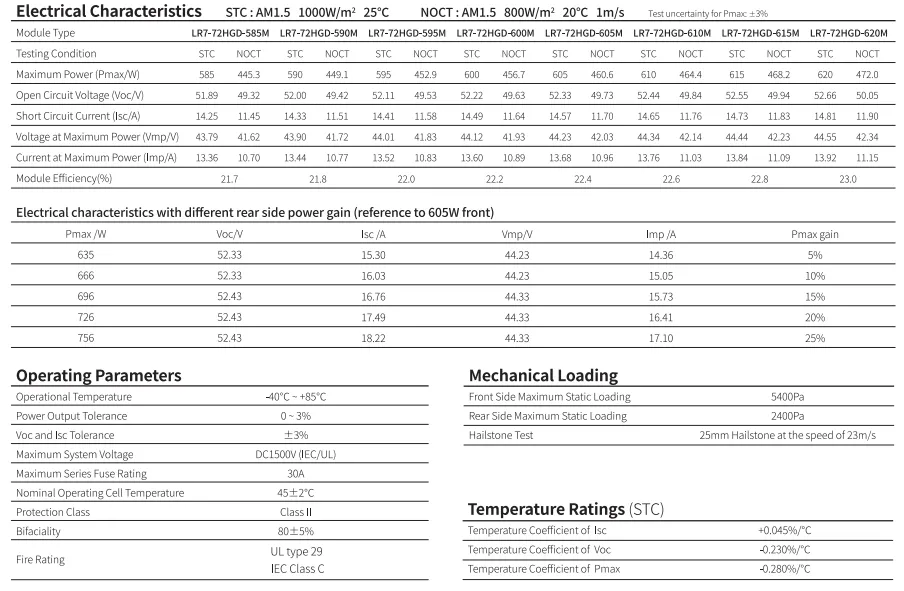solar panel energy production
Understanding Solar Panel Energy Production
Solar energy has emerged as one of the most viable and sustainable sources of power in the modern world. With an increasing awareness of climate change and the need for renewable energy, solar panels have gained significant attention for their capacity to harness the sun's energy. This article delves into the mechanics of solar panel energy production, its benefits, challenges, and the future prospects of solar technology.
How Solar Panels Work
At the core of solar energy production are photovoltaic (PV) cells, which are made primarily from silicon. When sunlight hits these cells, it knocks electrons loose from their atoms, generating a flow of electricity. This process is known as the photovoltaic effect. Solar panels are composed of multiple PV cells linked together, forming a module that can produce electricity.
The generated electricity is in the form of direct current (DC), which is then converted into alternating current (AC) by an inverter, making it usable for household appliances and feeding into the electrical grid. The efficiency of solar panels typically ranges from 15% to 22%, depending on the type of technology used, such as monocrystalline, polycrystalline, or thin-film solar cells.
Benefits of Solar Energy
1. Renewable and Sustainable Solar energy is abundant and inexhaustible, generating power without depleting resources. Unlike fossil fuels, which contribute to environmental degradation and greenhouse gas emissions, solar energy offers a clean solution for the planet.
2. Reduction of Electricity Bills By installing solar panels, homeowners and businesses can significantly reduce their electricity bills. Excess energy produced can often be sold back to the grid in a process known as net metering.
3. Energy Independence Solar energy reduces dependence on foreign oil and fossil fuels. By harnessing solar power, countries can achieve greater energy security and stability.
4. Job Creation The solar industry has seen tremendous growth over the past decade, leading to the creation of countless jobs in manufacturing, installation, and maintenance of solar systems.
solar panel energy production

5. Technological Innovations Continued advancements in solar technology are improving efficiency and lowering costs. Innovations such as bifacial solar panels, which capture sunlight from both sides, and floating solar farms, which utilize water surfaces, are changing the landscape of solar energy production.
Challenges Facing Solar Energy
Despite its benefits, solar energy production faces several challenges. One major issue is the intermittent nature of sunlight; solar panels generate electricity only during daylight hours. This necessitates the development of efficient energy storage systems, such as lithium-ion batteries, to store excess energy for use during non-sunny periods.
Another challenge is the initial capital investment required for solar panel installation. Although costs have significantly decreased in recent years, the upfront expense can still be a barrier for many homeowners and businesses. Furthermore, not all locations are ideal for solar panel installation, as factors such as roof orientation, shading, and geographical location play critical roles in a system’s efficiency.
The Future of Solar Panels
The future of solar panel energy production appears promising as more countries commit to renewable energy targets. Policymakers are increasingly offering incentives for solar installations, and public interest continues to grow. Research into new materials, such as perovskite solar cells and organic photovoltaics, aims to enhance efficiency and lower costs further.
In addition, large-scale solar farms are becoming commonplace and are integral to many nations’ energy strategies. These installations can generate significant power that can be distributed across regional grids, providing a sustainable solution to energy demands.
Conclusion
Solar panel energy production exemplifies a forward-thinking approach to energy generation. As technology advances and awareness increases, solar power is poised to become an integral part of the energy landscape. With its many benefits and ongoing innovations, harnessing the power of the sun can lead to a greener, more sustainable future. The transition toward renewable energy sources like solar presents not just a solution to climate change but also an opportunity for economic growth and energy independence.
-
String Solar Inverter: The High-Efficiency Solution for Smart Solar EnergyNewsJul.14,2025
-
Revolutionizing Rooftop Energy with the Power of the Micro Solar InverterNewsJul.14,2025
-
Power Independence with Smart Off Grid Solar Inverter SolutionsNewsJul.14,2025
-
On Grid Solar Inverter: Powering the Future with Smart Grid IntegrationNewsJul.14,2025
-
Monocrystalline Solar Panels: High-Efficiency Power for the Future of Clean EnergyNewsJul.14,2025
-
Bifacial Solar Panel: A Smarter Investment for Next-Generation Energy SystemsNewsJul.14,2025







